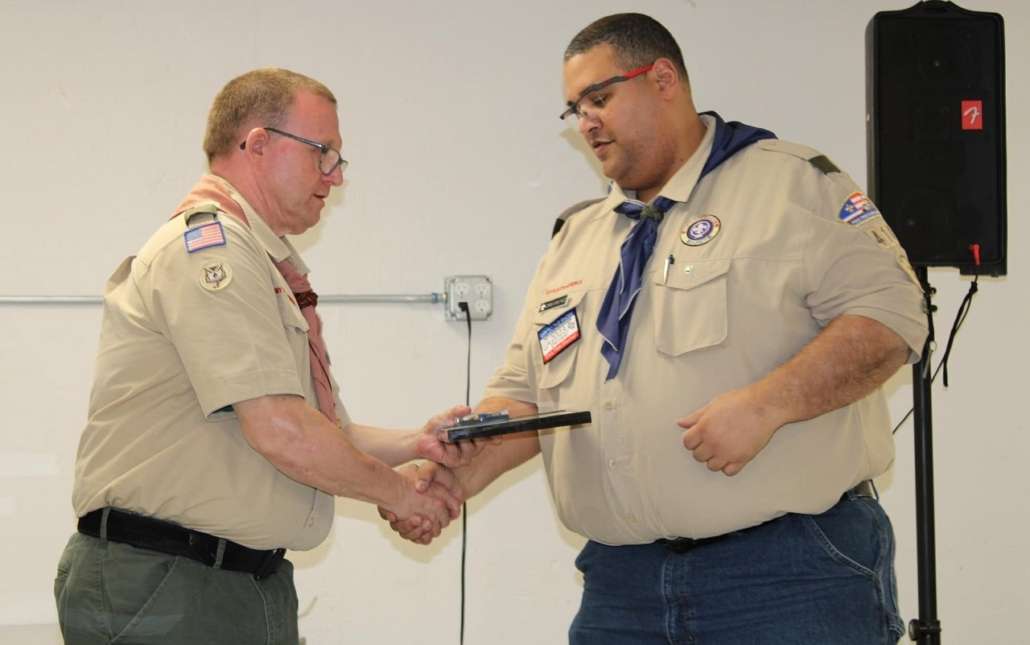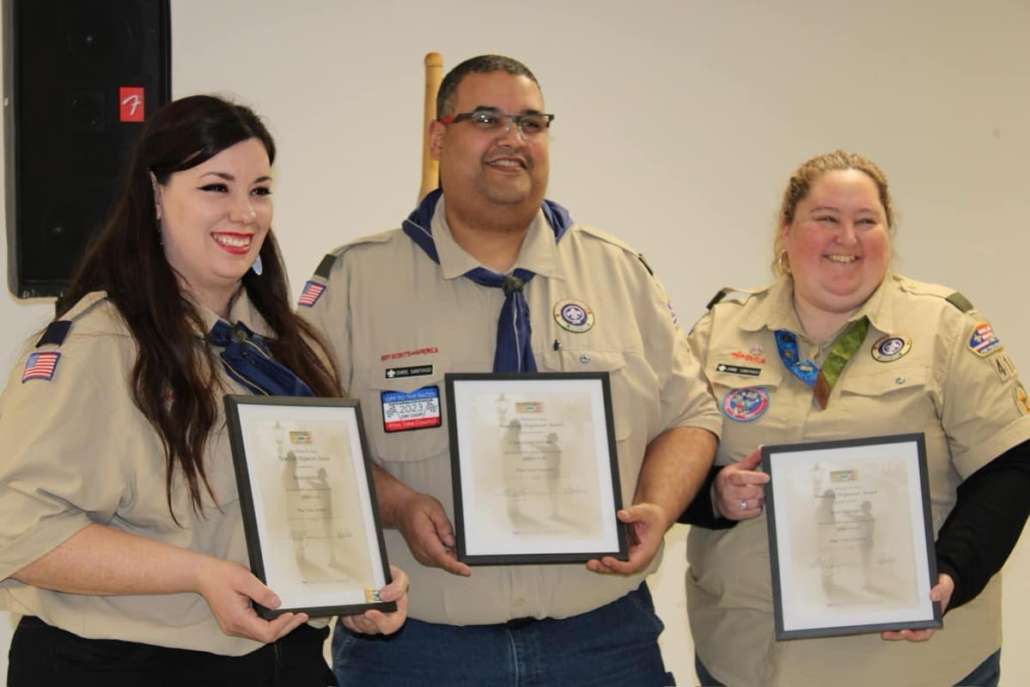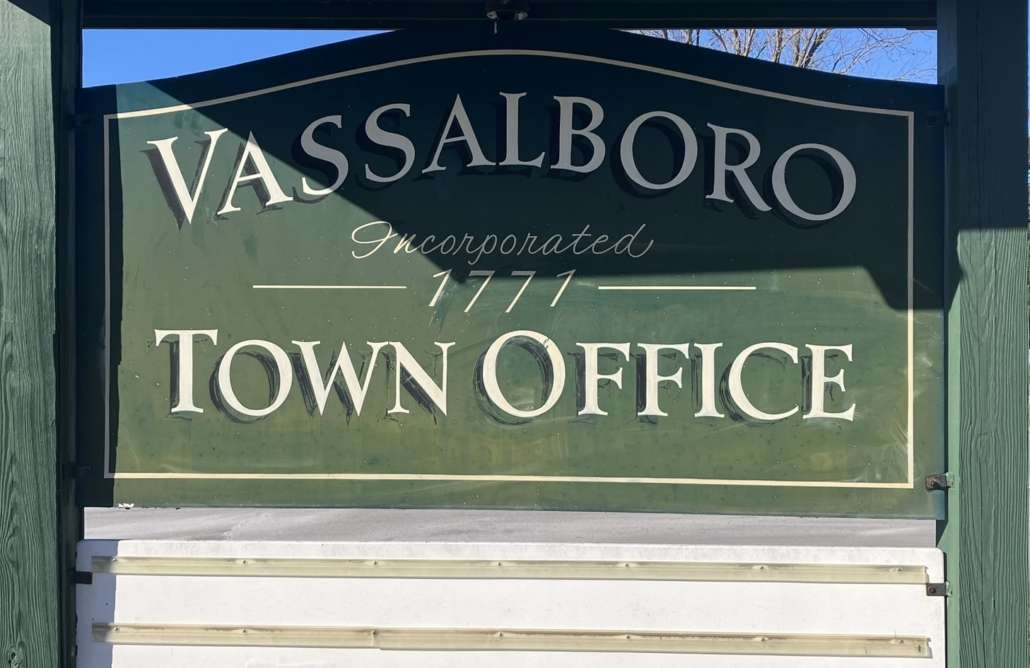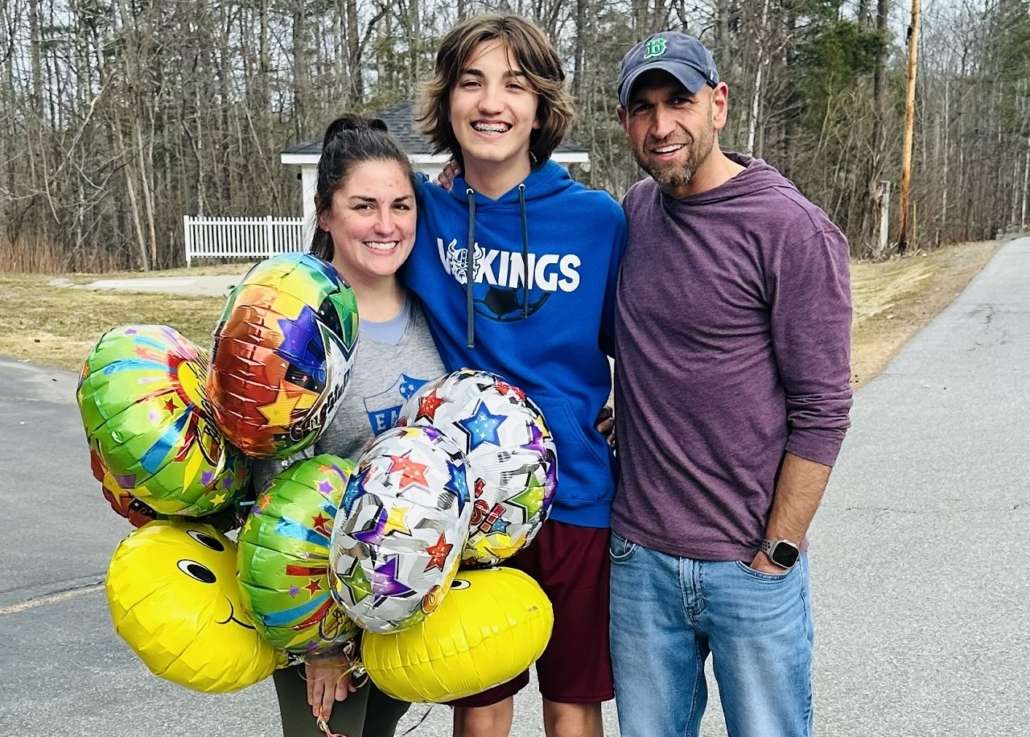Webber Pond
 Returning to early settlers who had ponds named after them and related topics (discussed in many recent articles in this series), your writer starts with a reader’s question: is Webber Pond in Vassalboro named for Charles Webber, mentioned at the end of the Jan. 11 article?
Returning to early settlers who had ponds named after them and related topics (discussed in many recent articles in this series), your writer starts with a reader’s question: is Webber Pond in Vassalboro named for Charles Webber, mentioned at the end of the Jan. 11 article?
Vassalboro historian Alma Pierce Robbins’ account of the Webber family’s early days in Vassalboro says firmly, “Maybe”; and if not Charles, almost certainly a family member. Other sources offer an unusually wide variety of conflicting information that adds up to the same answer.
In her chapter on Vassalboro’s first families, Robbins compiled a list, using as sources the 1792 town valuation report (compiled by Charles Webber and two other assessors) and the 1800 national census.
From these sources she named five Webbers in Vassalboro by 1800: Charles and Charles, Jr., Eliot, Hannah and John. If an on-line genealogy is accurate, Charles was Charles B. Webber – few other sources use any middle initial – and he was one of Vassalboro’s first settlers.
On the town website, 11 Webbers are listed as buried in the Webber family cemetery in Riverside. One is Charles, born c. 1741 and died Nov. 20, 1819, identified as a veteran.
Riverside is the section of southwestern Vassalboro that used to be one of the town’s villages, first called Brown’s Corner and located on “the river road” north of the Augusta line. The river road was the current Riverside Drive/Route 201, approximately.
The 1856 Vassalboro map shows Brown’s Corner as an intersection of the river road and an east-west road crossing it at a right angle and going to the Kennebec. The intersection is south of Seven Mile Brook, between the brook and the Augusta line, and has a cluster of more than a dozen buildings.
Kennebec County historian Henry Kingsbury wrote that early 19th century buildings there included a tavern, a store, a post office (“which in 1826 did a total business of $33.25”) and a Grange Hall. There were successive mills closer to the river, and at the landing two local men “built several small vessels.”
Among those who came to Vassalboro before Charles Webber, according to several sources, was his brother, Joseph.
If your writer found the right Joseph Webber, he was born in York, Maine, July 24, 1727; married Sarah Sedgeley of that town on Jan. 10, 1754; and died in Vassalboro, Sept. 9, 1796. One source says he and Sarah had six sons and two daughters; at least three of the sons (Charles’ nephews) lived in Vassalboro or China.
Find a Grave says Charles Webber was born in January, 1741, in York. He married Hannah Call, born in 1744 in Amesbury, Massachusetts. After Hannah’s death in 1782 (Find a Grave says she “was buried on the first farm Charles owned”), he married Sarah Smiley (died in 1800).
An on-line genealogy lists 13 Webber children. Assuming it is (somewhat) accurate, Charles, Jr., was Charles B. and Hannah’s first child, born in Dresden, Maine, in 1764.
Their oldest daughter, Sarah (1766-1854), was the first white child born in Vassalboro. She married Judah Chadwick (1765-1816; probably one of the South China Chadwicks who have been mentioned previously, since the couple are buried in China’s Chadwick cemetery on Route 32 South [Windsor Road]).
Then came Mary (1769-1837), James (1771-1823), John (1773-1847), William (?c. 1774-?), Nancy (1777-?), Samuel (1779-c. 1891), Hannah (1780-1860; married Amos Childs, whose gravestone in the North Vassalboro Village cemetery identifies him as a Revolutionary veteran), George M. (c. 1782 [or 1776]-1831), Joseph (1783 [or 1775]-1817), Benjamin (Feb. 27, 1786-1834) and Jeremiah (July 17, 1786-1820).
Obviously one of the last two birth dates is an error; and this genealogy contradicts Kingsbury, who said Jeremiah was Charles’ only child by his second wife, Sarah.
Sons who might have kept the family name in Vassalboro, according to this on-line genealogy, included John, who married there in 1793 (and died in Ohio); Samuel, who married in Vassalboro in 1801 (and died in New York); George, who married his second wife in Vassalboro in 1820; and Jeremiah, who married in Vassalboro in 1805.
Jeremiah’s wife is variously identified as Balsora, Belsora or Belsova Horn or Horne. Another genealogy says they had eight children. The town website says Balsora died in 1829 and she and Jeremiah are buried in the Webber family cemetery, along with a Belsora who died in 1866 (one of their daughters?). Belsora’s seems to have been the last burial in the cemetery.
On-line sources say Charles B. Webber was a veteran of the French and Indian War and the Revolutionary War. French and Indian War records that are cited list him in Nathaniel Donnell’s company in April 1757, and in January 1759 in Capt. Ichabod Goodwin’s company in Col. Jedediah Preble’s regiment. (These military leaders were from York, Maine.)
In the Revolutionary War, sources say Webber was an officer in the militia. He seems to have served under (at least) two local commanders, Captain Dennis Getchell, of Vassalboro, and Colonel Joseph North, of Gardinerstown.
Webber moved to Vassalboro between the wars. Robbins wrote that in 1764, Charles Webber bought, for “twenty pounds lawful money,” the west end of lot number 63 on the 1761 survey of Vassalboro by Nathan Winslow (mentioned in last week’s article).
Kingsbury said Charles Webber in 1765 was the settler on the third lot along the river north of the Augusta line, which would have been lot 53 on the 1761 survey.
Robbins’ and Kingsbury’s histories each include a version of the 1761 survey, with the shape of Webber Pond (called 7 Mile Pond in Robbins’ book, as China Lake is listed by its old name, 12 Mile Pond) quite different.
On the survey in Robbins’ history, Seven Mile Stream comes from near the south end of the pond and enters the Kennebec through lots 61 and 62. Kingsbury’s version has the stream exiting the pond a little farther north and curving father south to enter the Kennebec through lots 57 and 58.
Referring to the 1800 census, Robbins wrote: “Charles Webber had ‘400 acres under water’; perhaps he had taken over ‘Webber Pond’.” Some deeds, she immediately added, called the water body Colman Pond (see box).
Then she wrote, “At least the younger generation of Webbers left the river at Brown’s Corner, where the first Charles settled, and cleared the area at the foot of the pond….”
Kingsbury found that Charles Webber was one of the residents who in 1766 petitioned the land-owning Kennebec Company to build, or let locals build, a grist mill at Riverside so they could grind their grain locally. Later, he owned at least one manufactory: as mentioned in the Jan. 11 article on Seven Mile Stream, Kingsbury said sometime in or after the 1840s Webber acquired the machine shop close to the Kennebec that built “sash, blinds and doors.”
Kingsbury listed Charles Webber as Vassalboro’s first town treasurer, in 1771, and as treasurer again in 1776, when he was also town clerk; as selectman in 1773, for two years; as a member of the six-man committee that set up Vassalboro’s first nine school districts in 1790; and as a selectman in 1791, for four years (compatible with his being an assessor in 1792).
* * * * **
Another confusing note: Linwood Lowden, in his history of Windsor, says that the first mill in Windsor was Charles Webber’s, built before June 1804 on Barton Brook, which Lowden described as the “brook emptying into Webber’s mill pond.”
When Webber sold the lot in 1810, Lowden said, he reserved the right to build a mill on the stream “commonly called the inlet of Webber’s Pond.” Lowden surmised he wanted to prevent competition with his 1804 mill.
Other early sources, brought to your writer’s attention by Vicki Tobias, of Tobias History Research, confirm that Three Mile Pond was called Webber (or Webber’s) Pond in the first decade of the 1800s. Tobias shared an 1808 map, showing C Webber owning a lot abutting the southeast end of the pond.
(The map also shows I, or perhaps J, Barton and Elijah Barton owning lots east of Webber’s. See the Feb. 29 story on Windsor’s Barton family.)
Kingsbury has one more Charles Webber story that your writer found nowhere else. At the end of the section of his history dealing with early churches in Vassalboro, he described “one other place and kind of worship” that would be remembered “so long as the links of tradition can touch each other – the church and teachings of Charles Webber, who resided on the river road near Riverside.”
Webber’s former house was in 1892 Wallace W. Gilbert’s, Kingsbury wrote. Across the road, on “the James S. Emery place” in 1892, Webber built a “small edifice” late in the 1700s where he named himself pastor and preached.
The unusual feature, Kingsbury said, was that Webber could not read: his wife would read the Bible to him, and he would expound. Kingsbury quoted Webber’s introduction to a sermon: “If Polly tells me aright you will find my text….”
Your writer saves you the trouble of looking back in this article: the Charles Webber who is supposedly the subject had successive wives named Hannah, who died in 1782, and Sarah, who died in 1800. Might his nickname for one have been Polly?
Riverside preacher Webber often called on sinners to repent, saying, Kingsbury wrote, that “it was as impossible for one [a sinner] to enter heaven as it was for a shad to climb a tree.”
Kingsbury concluded: “His eccentricities and goodness survive him, as does the old church, which, on another site, is the residence of Freeman Sturgis.”
The Vassalboro Colemans/Colmans/Colmens
The 1792 assessors’ report and 1800 census that Robbins cited name John Colman, Joseph Colman and Owen Colmen; Robbins found in town records an 1802 reference to Owen Coleman; and she wrote that brothers Dudley and Charles Colman came to Vassalboro from Nantucket.
Dudley and Charles, she said, “settled land bordering Webber Pond, farmed and operated a sawmill” at the pond’s outlet. Kingsbury mentioned a Coleman sawmill, “later known as the Foster mill,” well up the stream close to the pond.
Dudley and his wife Polly (Jones) and Charles and his wife Mary (Bryant) each had eight children, Robbins wrote.
An on-line genealogy says a Revolutionary veteran named John Coleman (May 12, 1744-Sept. 22, 1823) and his wife Lois (Danforth) (June 19, 1743-Oct. 3, 1823), of Newbury, Massachusetts, settled in Vassalboro in the late 1700s with their older son, Joseph (Aug. 8, 1765-c. 1858). This source adds that they “settled in the vicinity of Webber Pond where Joseph reared a large family.”
Another genealogy, compiled in 1898 and including some of the Sturgis and Colman families, says Joseph married Mercy Cross, in 1787, and they had five sons and five daughters, born between 1791 and 1815.
It would be helpful to know when Colman or Webber Pond acquired each of its names.
Main sources
Kingsbury, Henry D., ed., Illustrated History of Kennebec County Maine 1625-1892 (1892)
Robbins, Alma Pierce, History of Vassalborough Maine 1771 1971 n.d. (1971)
Websites, miscellaneous









